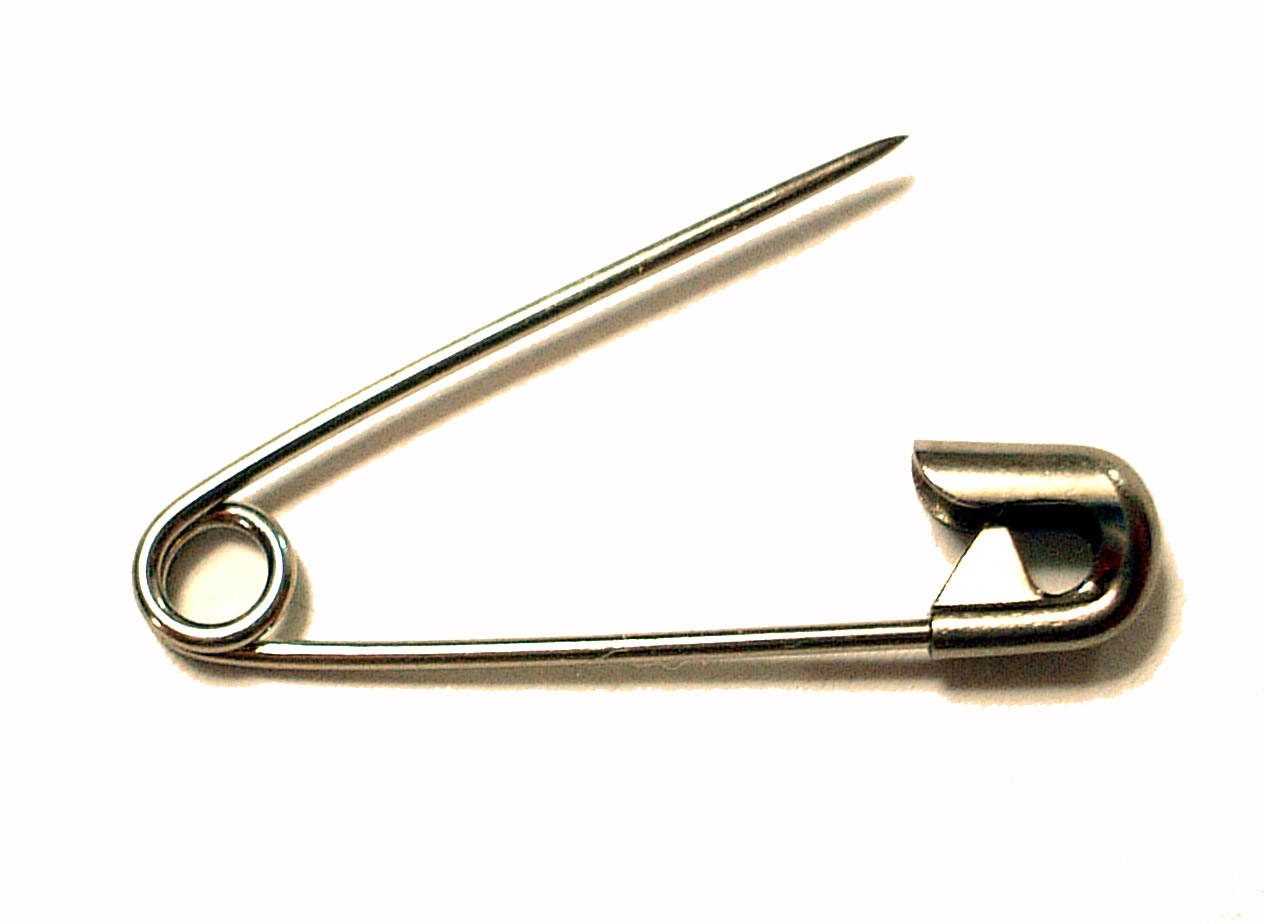One of the gifts I brought away from our visit to the Bristol
District is a copy of the recently published ‘A Tragedy of Errors’ by Gary
Best. It was a gift from the New Room
team and I read it on a couple of train journeys this week, finishing in
Brighouse today.
The subtitle outlines what the book is about: ‘The story of Grace Murray, the woman whom
John Wesley loved and lost’.
Grace was an enthusiastic and energetic Methodist who was converted
to faith through the work of the Wesleys and Whitefield and was appointed house
keeper at the Orphan House in Newcastle, one of three key bases for Methodism,
alongside Bristol and London. The core
of the story is about the relationship between Grace and John Wesley and how
close they came to marrying. The scandal
of Charles Wesley’s intervention to prevent this happening caused deep division
between the brothers and threatened to break up the Methodist connexion. Grace married another of the Methodist preachers,
John Bennet, and this also created ongoing tensions within the relationships of
the leading figures of the revival.
Of course, the story is not simple but complex and Gary Best
helps us to see the various contributing factors and to weigh up the evidence
for interpreting the motives and causes of the events. What I
particularly liked about the book was threefold:
-
The setting of the story of the seemingly doomed romance within the wider life of Grace Murray. She has been a band and class leader, a travelling evangelist accompanying John Wesley and several other key figures. After her marriage to John Bennet she continued her work alongside him and after his death held band, class and prayer meetings in her home. She died in 1803 at the age of 87 still confident in the faith she had discovered as a young woman and still encouraging others in their faith journey. The book helps us see that this was not a woman who played a part in John Wesley’s life but whose story is worth telling and hearing in its own right. It is surprising that a full biography has not been published before.
- The humanity of the characters. We rightly revere the founding figures of Methodism. They brought about nothing less than a spiritual revolution in the 18th century which continued to have massive impact on social and political life in Britain beyond their deaths and we look to them for inspiration in our own time. They were nevertheless women and men subject to same desires, impulses and dilemmas as face all human beings and the range of emotions from tenderness through angry arguments to deep disappointment and frustration characterised their lives too. The narrative that unfolds here portrays each person as fallible and capable of making major errors of judgement, which sets some of the discussion about Christian perfection in context. Yet it is also clear that all involved were trying to work out how to live faithfully to their experience of God and their sense of call. That doesn’t mean they always got it right – far from it as this book shows - but faith was a key part of living for them.
- The sense of the close working of those involved in earliest Methodism. Whilst this growing network called Methodism needed tight organisation and continual attention, it was not some bureaucracy that made it work but a closely knit family of preachers, pastors and pray-ers. They knew each other, met, prayed, travelled and worked together and when they were not together they wrote letters. The gossip that was often a part of the societies was promoted by news being carried here and there by travelling preachers with the gaps filled in by active minds. They had an early form of social media operating in this web of relationships. The book helps us to see this form of koinonia and to understand the ways in which the interactions shaped the movement.
It is a paging-turning story. I couldn’t put it down. I strongly commend the book and say ‘thank you’
Gary Best and the New Room team. It
is a great read.























